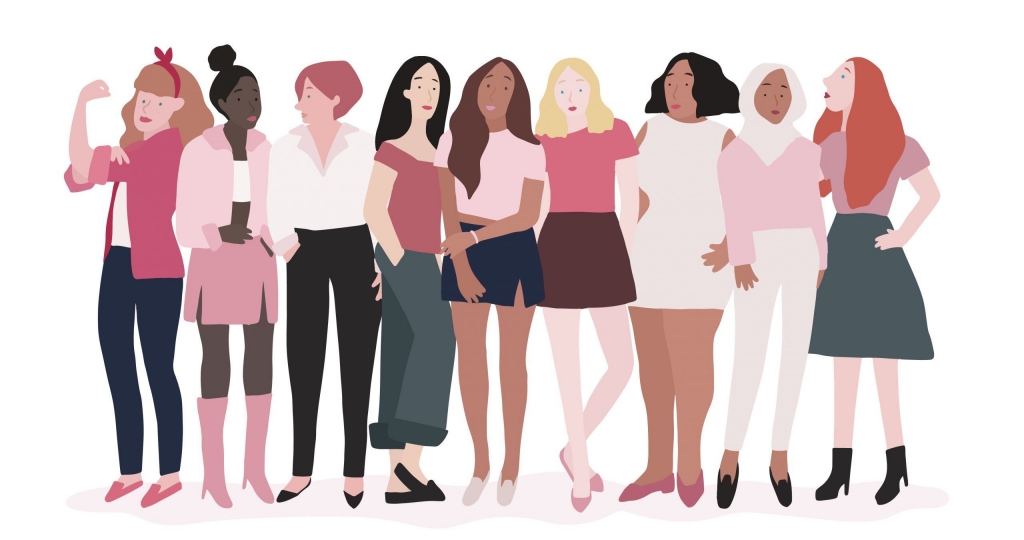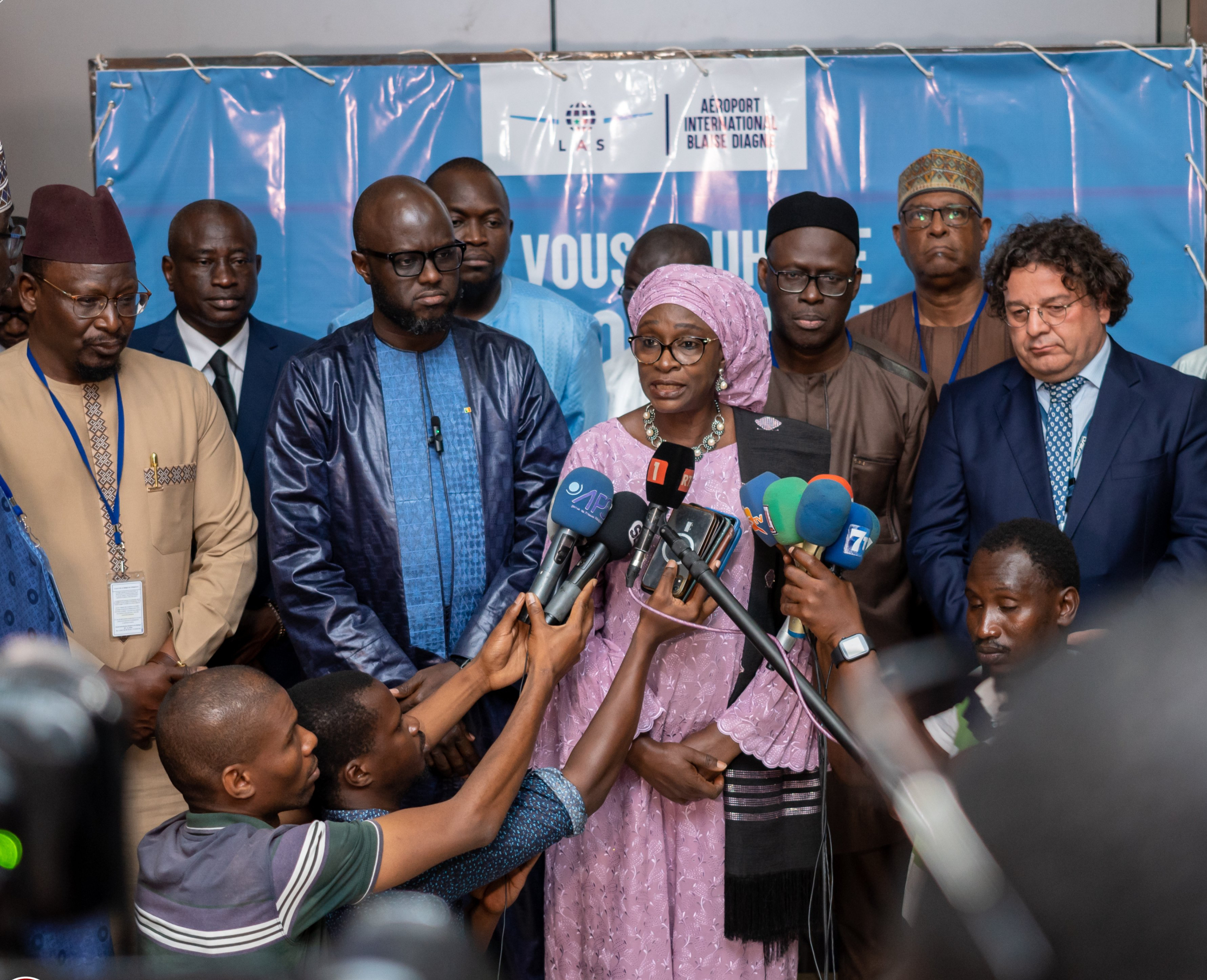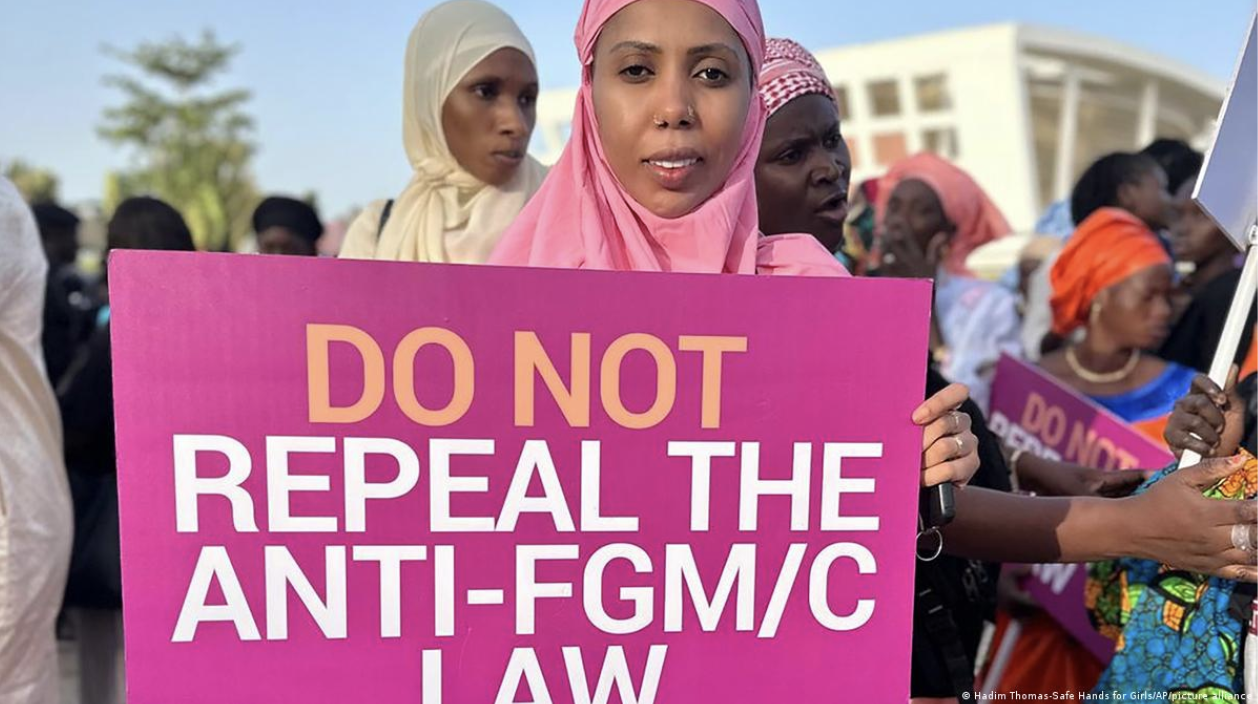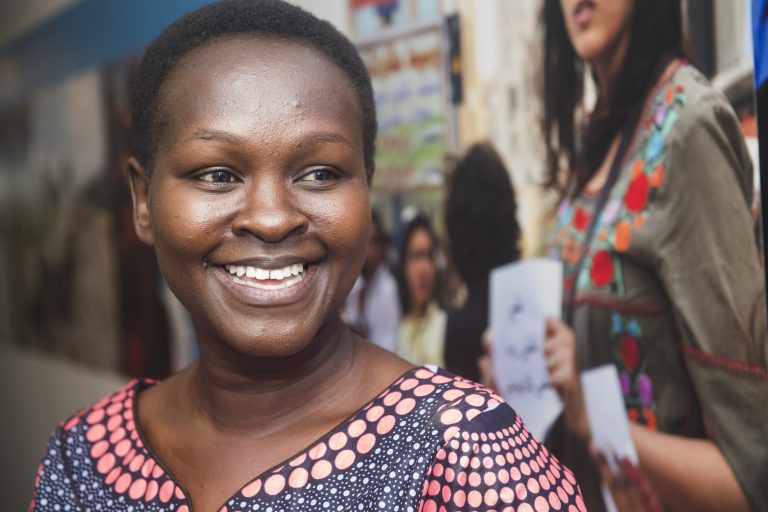Towards gender equality
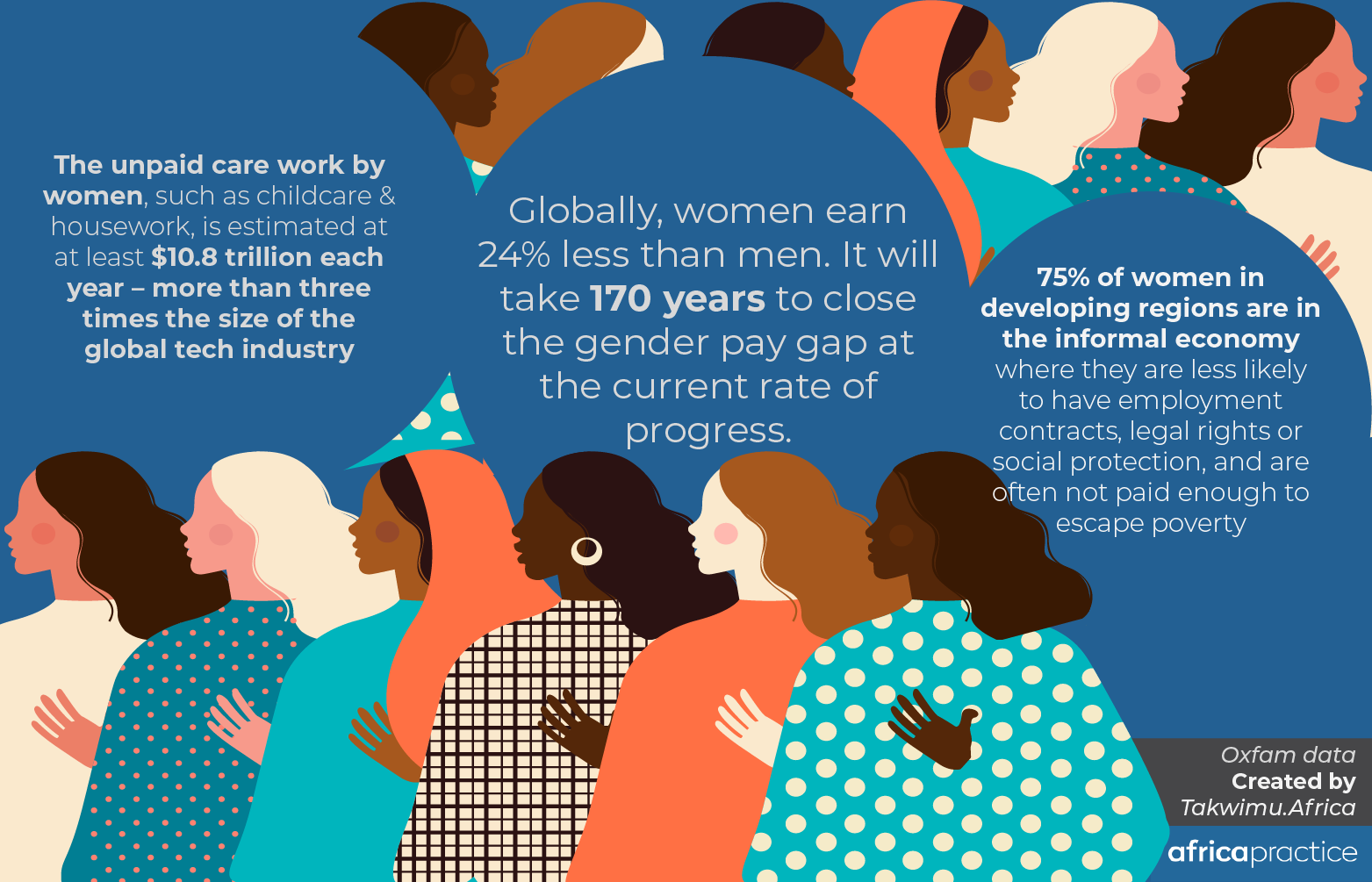
Africa’s economic performance has improved over the last decade, but the impact hasn’t been inclusive and gender gaps persist. African women remain an underserved and underutilised economic force.
There’s no one-size-fits-all solution to addressing the gender gap in our societies, but from over more than 16 years consulting across the continent, we are convinced that the best interventions for achieving gender parity involve a combination of persuasion and regulation, as well as collaboration between governments and industry.

Towards gender equality in Africa – Takwimu.Africa
Africa Practice analysts and consultants are exposed to the businesses of many of the largest employers in Africa as well as civil services. Our contact with these institutions has uncovered some universal truths. The first truth, most products are designed for men. The second truth, nations with higher female parliamentary representation set aside more land for conservation. The third truth, women make better managers than men.
It’s self-evident that achieving equality represents one of the biggest accelerators to economic growth for our continent. With more women economically empowered, our nations can be more productive and healthier. When more income is put into the hands of women, research tells us that child nutrition, health and education improve.
Access to finance, more flexible working practices and more women lawmakers are key to addressing the gender gap in Africa in our view. Doing so requires government and industry collaboration and a combination of persuasion and regulation. Nudging and compliance.
Africa Practice consultants and analysts have carried out assignments for governments, industry, foundations and communities in more than 40 nations. Often we have facilitated policy dialogues between actors. Always, we have helped organisations to unlock value and drive change.
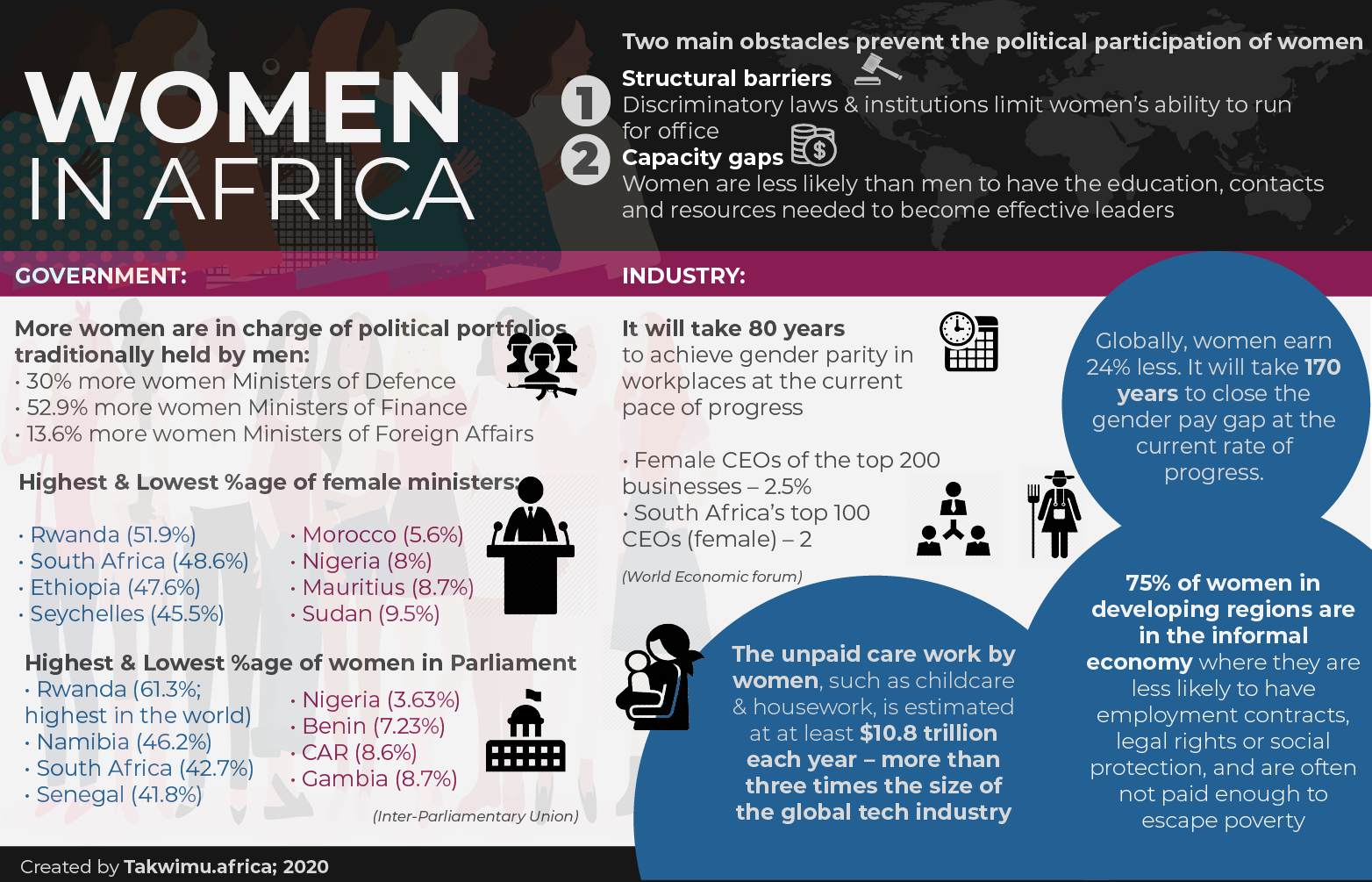
Towards gender equality in Africa – Takwimu.Africa
In commemoration of International Women’s Day this year, we share below some insights from colleagues at Africa Practice, speaking from their professional and personal experiences.
Dawn Dimowo | HEAD OF INTELLIGENCE & ANALYSIS, WEST AFRICA
Businesses in Africa can play a lead role in promoting gender equality on the continent, beginning by having more open and honest conversations about how we advance women in the workplace. Women are speaking for themselves more than ever before, but we also urgently need more men speaking up for women. These conversations may be uncomfortable, forcing us to recognise and call out the unconscious biases that result in gender wage gaps or other discriminatory practices that hinder women in work. But they are an important step to realising that above all else gender equality in our generation means equal opportunities for women to access resources to build a business, to rise to the top of a profession, or to lead a team or organisation.
Onyebuchi Ajufo | GROUP HEAD OF CLIENT SERVICE
Having been born in Nigeria, what is clear is that empowering women requires a nuanced and intentional approach. One size does not fit all as is evidenced by the disproportionate gender gap when it comes to access to finance, education, employment, etc.
When you take into account the exponential impact of empowering women, not just in their homes, but their wider communities, you start to realise the potential we are not yet tapping into. The only way to ensure that any interventions, solutions and plans are fit for purpose is to give women a real seat at the table. Representation matters. If equality is our destination, then equity must be the vehicle.
Marcus Courage | GROUP CHIEF EXECUTIVE OFFICER
The absence of a level playing field for women in our societies is a scar on all our consciences. There are complex reasons for this, ranging from historical to cultural and legal. They differ across nations and communities. While there is no one-size-fits-all solution, two areas of intervention can generate important progress.
First, tackling the underrepresentation of women in politics. Without more female lawmakers, laws will continue to prejudice women and favour men. Second, educating the man-child. Cultural norms dictate that men are aggressive and dominant while women are subservient and rely on men as providers. These norms foster a culture of abuse.
Dr Margarita Dimova | GROUP HEAD OF INTELLIGENCE & ANALYSIS
Women’s empowerment across the business-government nexus is a powerful rhetorical tool, but one that still has limited impact on our everyday experiences professionally and otherwise. While token quotas for women’s involvement in senior decision-making abound, what matters more is creating an enabling atmosphere, even in our most mundane tasks, where women can be heard and thrive.
It is in situations like that throughout my career that I have felt the most progress is being made. We need to think beyond superficial women’s representation, beyond the “dedicated” boardroom seat, and focus on day-to-day workplace dynamics – from allocating sufficient space for junior women colleagues to speak on an internal conference call to constantly checking the diversity of an organisation’s leadership, gender and otherwise. Intersectionality here is key.
Sarah Majengo | COUNTRY REPRESENTATIVE, TANZANIA
The building blocks of gender equality begin in the home when we are raising the girl and boy child. In Tanzania, we have to devise new ways to confront and overcome the cultural and social norms that hold back women and girls and have far-reaching consequences for our country. Each one of us, male and female can be intentional in the pursuit of equality: from our speech, workplace practices, and formulation of policies.
In the words of UN Secretary-General Antonio Guterres, ‘it is time to stop trying to change women and start changing the systems that prevent them from achieving their potential. Creating equality for women in positions of influence and authority means creating respect for men’s evolving roles at home. Until we create societies and communities that value the equal role of men in parenting and managing a household, the expectation will be that women will continue to do the bulk of this unseen work, alongside their professional responsibilities.
Natalie Maule | SENIOR DIRECTOR
The men who do step up at home, sacrificing their own careers to enable their wives and partners to flourish professionally, often face disparaging comments. Few recognise it as a demonstration of true security in their masculinity or honour the imagination and courage it takes to discard stereotypes and create a new family dynamic.
We need to change conversations around parenting that skew heavily towards the mother and exclude the father. We need to change laws to incentivise shared parental leave at a practical level. By honouring men’s evolving roles, we give women space to fly.
Modiri Nlanda | TALENT MANAGER
The reality is also that women contribute to bias and unfair treatment of other women. Women should be at the forefront of empowering and supporting other women. Women with a voice need to use it to squash the implicit biases that exist throughout society, and give other women the tools to succeed.
Desire Karakire | COMMUNITY MANAGER
Female empowerment starts with higher quality data – to be able to design more effective policies and to measure their impact. Without a more deliberate, data-driven focus on issues that disproportionately affect women and girls, such as land rights, access to education, family planning and health care, the needs of women and girls will continue to be overlooked. That’s why it pleases me to contribute to the visions of projects such as Takwimu, a digital data-driven advocacy tool funded by the Bill and Melinda Gates Foundation, that empowers changemakers in Africa to advance human development with greater effectiveness and confidence.
Desire Karakire is the Group Head of Digital Marketing at Africa Practice.
Proud to be BCorp. We are part of the global movement for an inclusive, equitable, and regenerative economic system. Learn more
